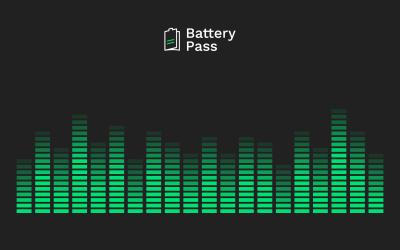Shared transportation is not so much of a new trend, but one constantly renewing and revitalising its resources and what is has to offer us. The demand for more economical alternatives surrounding communication in cities ascended since the rising interest in urban development and preservation of the environment, as well as progressive advances in technology, aiming for complete efficiency. Shared-use mobility is still common today and it is used in a lot of places over the world. However, the problem was that there are so many different services available. The only way to plan your journey using shared mobility services was to switch from the app of one provider to another to compare availability, leaving the user with a time-consuming, fragmented experience. It was time to advance the utilization of mobility sharing in order to benefit citizens who use this type of service.
This brings us to the start-up Urbi; effectively, the solution for mobility sharers. Urbi, primarily created by 2 computer experts for their own use, is a free innovative app to conquer mobility sharing complications. It gives the end user the opportunity to plan their travel, in real-time, by gathering all available resources into one place. The mobile aggregator provides the best travel option, taking into account comparative factors such as prices and estimated duration for the journey as well as proximity of the vehicle to the user. It delivers an overview of all of the shared resources available in the city and detects the nearest, available means of travel, calculating the best route. Urbi presents you with various options based on such factors; all you have to do is own a smart phone, tablet or watch, enable the services you subscribe to, choose the best travel options and book the vehicle, avoiding a time-consuming experience.
FIWARE is used to fetch and visualize automobile sharing data, which is then connected to the CKAN portal to store historical data to improve the core ability of the service. One major advantage here is that both the mobile and web app are connected with the context broker, (which holds this geo-data) and it can obtain this data and subscribe to any real time changes. This technology effectively allows Urbi to compare duration and costs of journeys using a history of previous experiences.
Now Urbi can announce the results of their model. As the market of mobility sharing is already huge and increasing every day, step by step Urbi is taking the number of vehicles off of the road. They are providing a better experience to the user and consequently working towards their goal of spreading the movement of shared use mobility and reaching a global level to cover all cities in which there are mobility systems.
This is our story, which is yours?
– The below video captures Co-founder Serena Schimd speaking of Urbi as a product and how it aims to eliminate current mobility sharing problems. She also talks about smart cities and how their app will improve citizen life and help to spread the trend of shared-use mobility.



